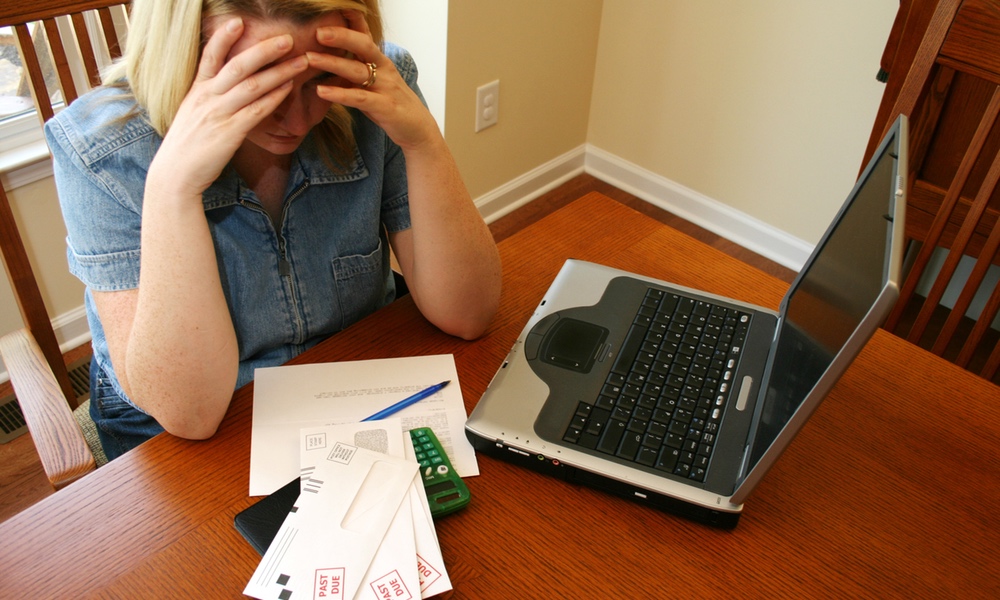Many of us feel lonely from time to time, but new research published by the American Psychological Association finds that while loneliness is on the rise in both the United States and in Europe, rates of reported loneliness are higher in the U.S.
What could be the reasons for this difference? Europe's stronger social safety net and lower rates of residential mobility may be factors helping to prevent loneliness there, while in the U.S. an emphasis on individualism, weaker family ties and greater income inequality may contribute to the higher rise.
In any case, whatever the cause, feelings of loneliness aren't good for anyone's mental or physical health.
“Loneliness is gaining attention globally as a public health issue because elevated loneliness increases one's risk for depression, compromised immunity, chronic illness and mortality,” the study's lead author, Frank Infurna, an associate professor of psychology at Arizona State University, said in a press release.Loneliness is not the same as being solitary. People have described it as feeling empty, alone, isolated and unwanted.
Both the United Kingdom and Japan have appointed ministers to deal with the problem; and in 2023, the U.S. Surgeon General issued an advisory on the “epidemic of loneliness.”
To investigate the issue, Infurna and the ASU team analyzed data from ongoing longitudinal surveys in 13 European countries, as well as the U.S. The information included responses from more than 53,000 participants between the ages of 45 and 65 who spanned three different generations — the Silent Generation, Baby Boomers, and Generation X.
The researchers chose to focus on people in middle age both because they form the backbone of society and because other studies have shown that midlife health in the U.S. lags behind that of other industrialized nations. They found that compared with their European counterparts, U.S. adults reported significantly higher levels of loneliness.
The data also revealed that loneliness is generally on the rise across the U.S. and Europe compared with previous generations. This “loneliness gap” widened with younger generations like Baby Boomers and Gen X'ers compared with older Boomers and the Silent Generation born before them.
Loneliness is not the same as being solitary. People have described it as feeling empty, alone, isolated and unwanted. If you're experiencing these feelings, the Centers for Disease Control offers these suggestions:
- Start a conversation. Talk to friends, family, neighbors, and co-workers.
- Use social media to connect with others instead of scrolling through posts. Set limited timeframes for reading the news.
- Reach out to help others. Volunteer in your community.
- Many organizations, including faith-based organizations, offer volunteer opportunities that can give you the chance to contribute to something that you find important.
- Be kind to yourself and take time for yourself. Read, listen to music, exercise or learn a new skill. Acknowledge your successes and give yourself a break.
- Learn more about ways to improve social connectedness. Check out this CDC webpage for suggestions.
- Don't hesitate to get help from a professional. Talk to a health care provider about how you are feeling.
The study is published in American Psychologist.





